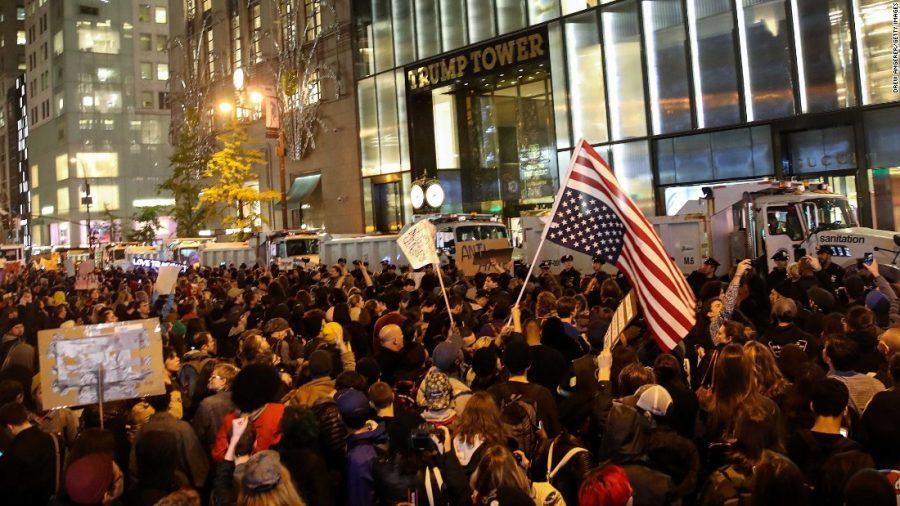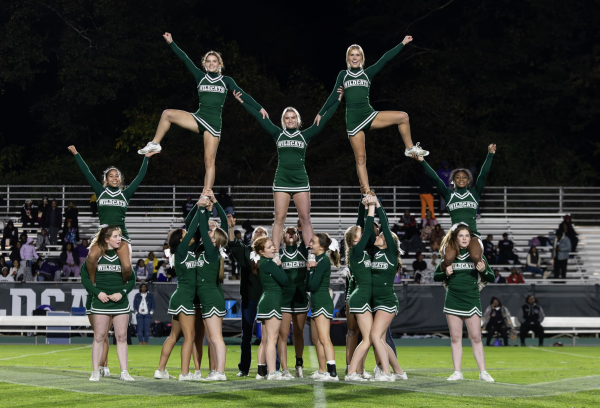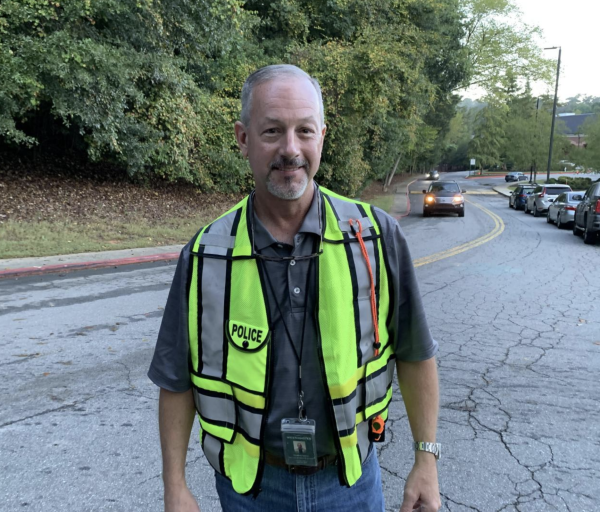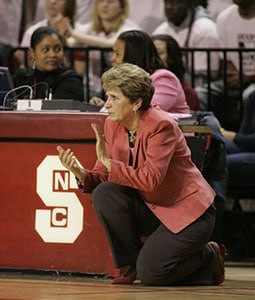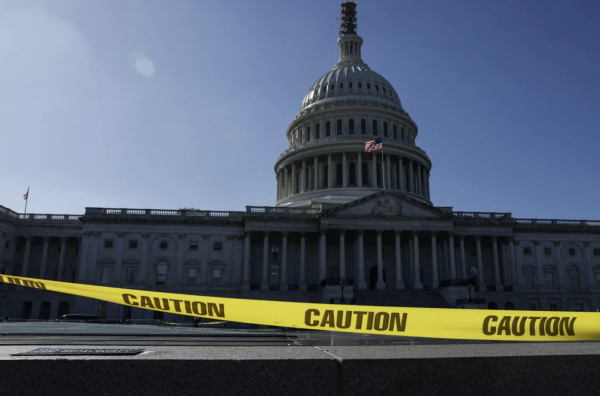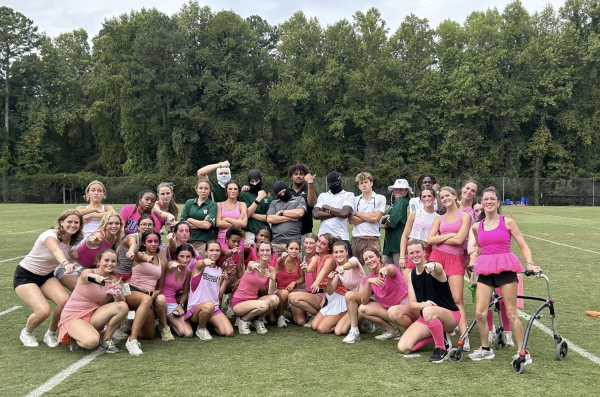2016: A year in review and looking ahead to 2017
For the world, America, and the Westminster community, 2016 marked a year of unprecedented change, progress, and gloom, and surprisingly unyielding optimism for the future. The year 2016 marked the tumultuous rise of Donald Trump to the presidency, the July Nice terrorism attacks, and the Rio Summer Olympics, among many other events. At Westminster, sports teams racked up many state titles and the school faced numerous changes, such as the latest rebranding effort. Here’s a brief look at the most memorable moments of 2016—ones momentous for years to come.
Politics
In March, ISIS struck Brussels in the heart of Europe, killing at least 35 and wounding over 300 others. Two bombs exploded in the Brussels airport, making the event one of the deadliest of the year. This terrorism act in Europe, as well as the others that occured during the year, reminded the world of the extreme and fatal nature of terrorism.
“Terrorism is a terrible thing that’s unfortunately happening in our world,” said junior Mason Arbery. “It can affect anyone in the world at any time, and it’s really difficult to stop. Next thing you know, you could be a victim. We’ve had so many the past year that you never know how soon the next one could be.”
In June, Britain voted to leave the European Union, an event coined “Brexit” across the world. The unprecedented exit will undoubtedly end an era of British economic integration with other European countries and usher in a new chapter which could change global economics for years to come.
Meanwhile, across the globe, the U.S. presidential election was raging on, raising unprecedented controversy, attention, and emotion. By June, Donald Trump and Hillary Clinton had won their primaries and had set the stage for the final showdown. The election featured the most unfavorable candidates in recent history, as shown in public polls, and the battle for the presidency was one which divided America into Trump’s blue-collar, rural, working-class coalition, and Clinton’s urban, young, and racially diverse supporters. These two groups engaged in one of the most intense elections in American history, with riots, rallies, and protests.
“I think that Trump might have been the most negative candidate in American history,” said Arbery. “His campaign showed a new type of hate towards the establishment which fueled his campaign and allowed someone with no [previous] experience in politics to rise to power.”
By October, an Access Hollywood tape was released, showing Trump bragging about groping a woman in 2005, while Wikileaks posted hacked emails, later revealed to be the work of Russia, from Clinton, revealing her paid speeches to Wall Street. But the tape proved more influential in the short-term, as Trump’s poll numbers slipped dramatically in the aftermath. After the tape release, many of Trump’s supporters cowered, not answering polls, while Clinton’s coalition gained strength, creating a seemingly insurmountable lead for Clinton in the final weeks of the election.
But the race was not over. On Oct. 6 FBI director James Comey told Congress that it had found new emails on Clinton’s server and had re-opened the candidate’s investigation. Once again, this negative news tipped the momentum to the other candidate, opening the possibility of a surge for Trump.
“The constant misinterpretation and misinformation poll numbers really added to the anger of anyone who liked Trump,” said junior Thomas DeWalt. “This started to put Trump ahead. People were tired of agitators, tired of criminals and threats, tired of nonviolent protests that almost always turned violent, and especially tired of an extremely biased liberal media. While Trump wasn’t the most politically correct, it obviously didn’t hurt him, especially when running against someone like Hillary Clinton who over the past 30 years has had more than her fair share of problems.”
On Nov. 8, though the polls showed a high probability of a Clinton win, they were ultimately proven wrong. Trump won eight of the twelve swing states, capturing a shocking 304 electoral votes over Clinton’s 227 electoral votes.
The victory was one never experienced before, in which a politically inexperienced businessman declared for the presidency, was deemed a joke by the media, and won despite having promoted many controversial statements and unfavorable numbers. Moreover, the win rocked the Westminster community as well as the country.
The day after the election, groups of Clinton-supporting students arrived at school in dreary, black outfits, while a handful of Trump supporters waved American flags in front of Pressly Hall, celebrating.
“The idea of Hillary Clinton not winning was devastating… in a personal way that makes [people] rethink what [their] future’s going to look like, for a lot of groups of people on this campus,” said junior Young Democrats president Frances Mize. “That’s a pretty emotional thing to have to go through the day after the election.”
While many on campus dread Trump’s presidency, others like his policies and are looking forward to his time in office.
“I really agree with President Trump on his policies concerning illegal immigration,” said DeWalt. “Trump has already created close to 34,000 jobs before even becoming president and that number will exponentially increase due to his depth of business skills.”
Sports
Aside from politics, 2016 may have been the most exciting sports year in history, with numerous unexpected storylines, defeats, and upsets.
“The most memorable and exciting part of 2016 was that is was amazing for sports,” said junior Peyton Kendall. “There were so many unique stories, such as the Cubs, Cavs, McGregor, Olympics, Thrillinova, and Rousey– just as a few examples.”
Among the most memorable and unprecedented sports stories in the U.S. were the comebacks of the Cleveland Cavaliers and Chicago Cubs in the NBA and MLB, respectively, Villanova’s buzzer-beating three to win the NCAA March Madness tournament, and the retirement of NBA legend Kobe Bryant.
In the NBA Finals, the Cavaliers were down 1-3 against the Golden State Warriors, a team that finished with a NBA-record 73 wins in the regular season. Lead by Ohio native Lebron James, the Cavaliers came back to win an improbable championship on a game-winning shot by player Kyrie Irving, making history by being the first team to come back from a 1-3 deficit in the finals. The championship ended Cleveland’s 52-year drought without a professional sports championship, and fulfilled James’s promise to deliver a championship to his hometown.
Meanwhile, the Chicago Cubs were down 1-3 against the Cleveland Indians in the World Series, but came back to win 4-3. The victory gave the Cubs their first World Series win since 1908, over a century ago.
“The Cubs win was historic and significant because it’s been more than a 100 years since they’ve won,” said senior Jack Powers. “It shows, on a larger scale, how 2016 is sort of an end of an era of drought for the team.”
Indeed, 2016 was the end of a great era for many in sports, such as Bryant and Olympic swimmer Michael Phelps. Bryant, who has played for 20-years in the NBA, won five titles, is third on the NBA’s all-time scoring list, and will go down as one of the greatest players in NBA history, played his last game on April 16. He scored a season-high 60 points, including the game-winning shot against the Utah Jazz, capping off a historic career with a legendary game.
“Kobe’s one of those players that might come around once or twice a century,” said junior Will Finley. “So it really was special to see him play so well for the last time. The NBA will really feel different in the future without him.”
On a global level, Rio hosted the 2016 Summer Olympics, amid reports of the rampant Zika virus in the city. The U.S. won 46 gold medals and 121 total medals, the most of any country. Moreover, Phelps won five gold medals and one silver at his fourth and last Olympic games, becoming the most decorated Olympian ever with a total of 23 Olympic gold medals and 28 total Olympic medals. After the games, Phelps reiterated that Rio will be his last Olympics, closing an era of dominance for the legend.
Westminster
In addition to professional sports, Westminster’s own sports teams led impressive campaigns, often finishing top three in the state in sports such as golf, baseball, and cross country, among others. In fact, every Westminster 2016 fall sport finished first in its region and ranked top-ten in AAA.
“One of the best feelings of 2016 was winning our state golf tournament,” said DeWalt. “We worked really hard for several months, and the hard work paid off with the victory.”
But not everyone is necessarily happy with their individual sports results, and some hope to do better in 2017.
“Losing state in cross country was one of the worst things that I and the team experienced this year,” said sophomore cross country runner Peter Huff, whose team placed second at the state meet.
Aside from team achievements, members of the Westminster community had personal experiences of growth in 2016 to be proud of.
“The best thing that’s happened to me this year was winning bronze at the world fencing championships,” said sophomore fencer Raymond Zhao.
Sophomore Alejandro Lim also participated in outside-of-school competitions to explore further in extracurriculars.
“My favorite moment of 2016 personally was a summer competition I went to, International History Olympiad 2016,” said Lim.
In the competition, Lim received seven golds, one silver and two bronze medals, including the title of Junior Varsity Overall Individual Champion.
Other students, such as Arbery, chose to spend their summer giving back to the community.
“I had a great time volunteering at Odyssey last year,” said Arbery. “I tutored young, low-income students from the inner cities of Atlanta in different subjects.”
But despite these positives for the Westminster community, many changes from the administration in 2016 have raised unfavorable responses from the student body.
In particular, the biggest controversy was in April, when the administration announced the launch of several secondary logos to rebrand Westminster. The students met the lime green colors and minimalist fonts with mostly negative reactions, even creating a petition against the new logos that gathered over 2,500 signatures.
“As a member of student government, I was deeply offended by the fact that the administration had not thought—or bothered—to contact the only body of elected student representatives on campus,” said senior Myles Hudson. “How are we supposed to be the ‘bridge between the student body and the administration,’ the ‘voice of the people,’ if we aren’t given a chance to represent the people’s opinions on such a pivotal issue?”
Another change in 2016 that students unfavorably received was the cancellation of the 24-Hour Relay, an annual event that raises funds for cystic fibrosis research. In the event, runners, in teams of ten, take turns running around a track for 24 hours, creating a unique bonding experience. But the event was cancelled for the first time ever because not enough teachers volunteered to make a 7:1 teacher to student ratio.
“Of course we understand from an insurance and safety standpoint that it’s important to have the ratio but it is frustrating to have to cancel a long standing Westminster tradition that’s raising money and awareness for people who can’t breathe,” said senior organizer Sawyer Uzzell. “In the past, it was just a few teachers and a few parents supervising so we weren’t aware of a rule.”
Despite these negatives, the overwhelming positives and spectacular storylines have dominated 2016 for the world, America, and the Westminster community. With the end of this spectacular era comes a new one, 2017 and beyond, filled with new stories, more challenges, and a never-dying optimism.
“I think we do have a great shot at redeeming ourselves at winning state next season,” said Huff.
Around the country and in our community, many, including high-profile politicians, opposed to Trump are accepting him and promoting a united America behind him. Those who always supported him are eagerly anticipating the next four years of his administration.
“I’m looking forward to seeing what Trump can do as president in 2017,” said DeWalt. “Regardless of what you believe, we have to be optimistic for the future and I think that Trump could make a great president.”
So farewell, 2016. You’ll be remembered forever as one of the most stunning, tumultuous, eventful, and spectacular years in history. You brought momentous change and tragedy, and yet you’ve taught us to always be optimistic. So here’s to the future. Hello, 2017.
